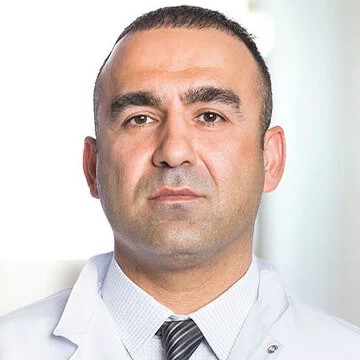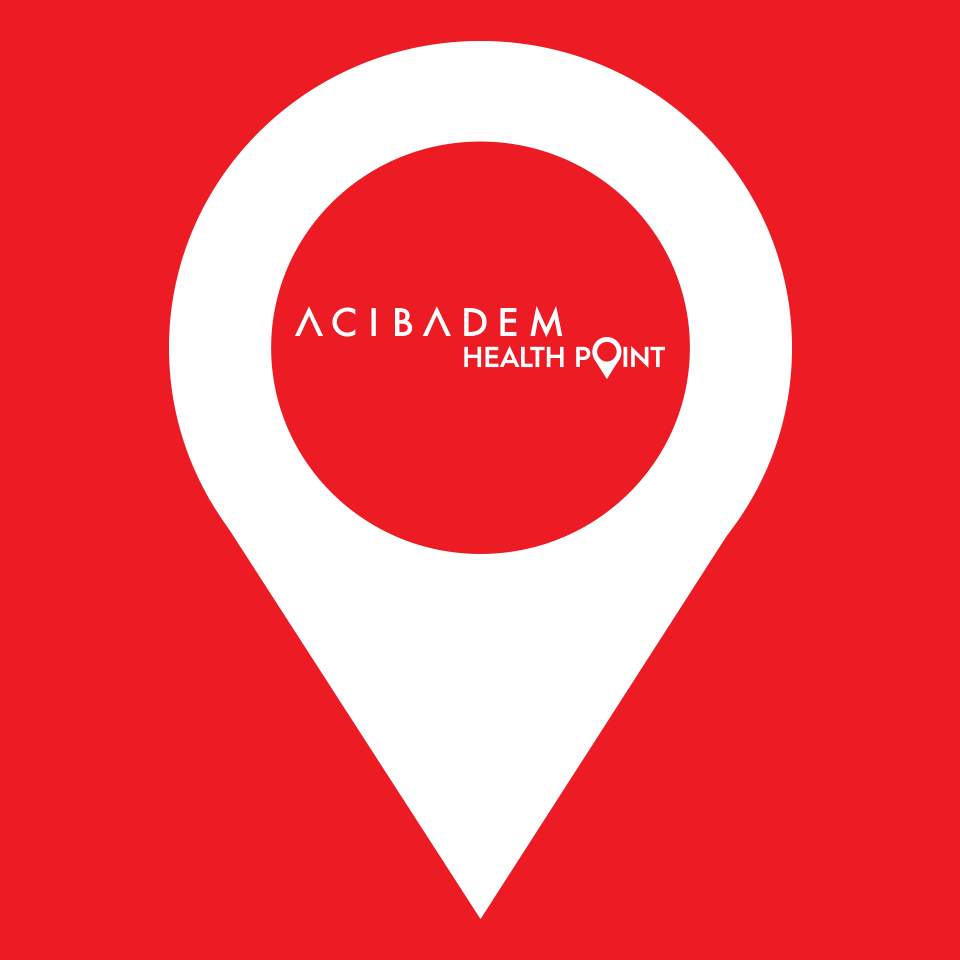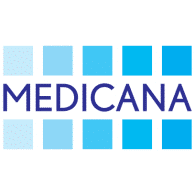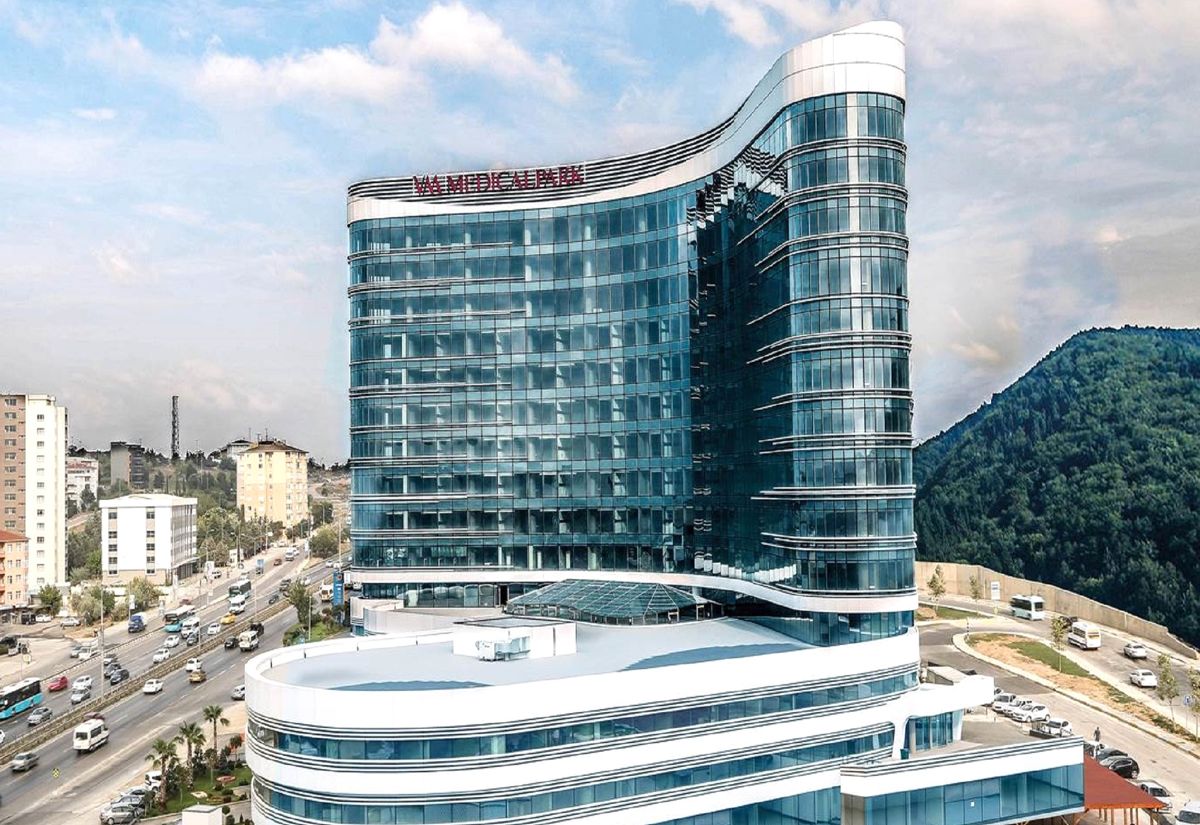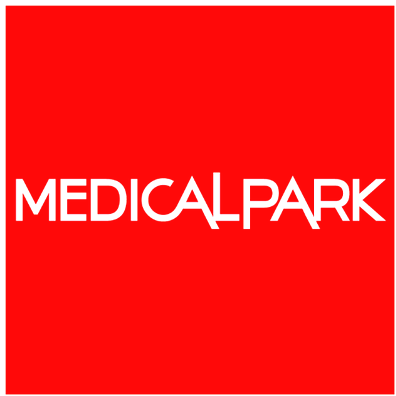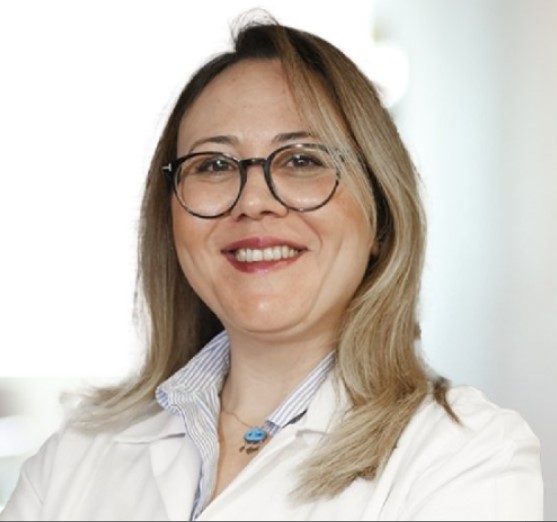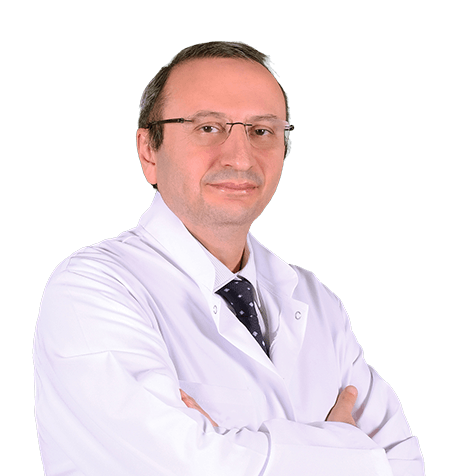- At the clinic's price without markups
- with full doctor support
Thyroid cancer is less common than many other oncological diseases but requires precise diagnosis and an individualized approach to treatment. In Turkey, thyroid cancer ranks among the five most frequently diagnosed cancers, with an age-standardized incidence rate (ASIR) of 14.3 per 100,000 for both sexes (BCCRJ, 2022). Patients in Turkey have access to advanced treatment methods, including organ-preserving surgeries, targeted therapy, and radioiodine therapy. Leading hospitals follow international treatment protocols and use state-of-the-art equipment, ensuring high survival rates and maintaining a good quality of life.
Thyroid Cancer Treatment and Survival Statistics in Turkey
Prevalence
According to the national study “Turkey Cancer Incidence, Mortality and Survival” (2010–2014), thyroid cancer ranks among the five most common types of cancer in the country. The age-standardized incidence rate is approximately 14.3 cases per 100,000 people, while mortality remains low (BCCRJ, 2022).
Five-year survival for papillary thyroid cancer
For patients with stage T1 papillary thyroid cancer, the five-year survival rate reaches 98 %, as confirmed by clinical data, aligning with global benchmarks (ScienceDirect, 2019).
Prognosis for medullary thyroid cancer
More complex forms, such as medullary thyroid cancer, require long-term monitoring. A Turkish multicenter study reported that after an average follow-up of 5.5 years, about 49 % of patients were completely disease-free, while others experienced recurrence or persistent disease (Endocrine, 2024).
Trends over recent decades
Recent data indicate that in Turkey, the proportion of patients over 60 years old has increased over the past two decades, along with a rise in papillary thyroid cancer diagnoses. At the same time, prognosis has improved due to advances in modern diagnostic and therapeutic methods (Journal of Clinical Medicine, 2025).
Treatment methods and cost
- Surgical treatment
Surgery remains the main treatment method for most forms of thyroid cancer. Depending on the stage of the disease, patients may undergo partial resection (lobectomy) or total thyroidectomy. Modern equipment and intraoperative neuromonitoring help minimize the risk of vocal cord injury and preserve parathyroid gland function.
Cost of surgery: typically ranges from $5,000 to $8,000.
- Radioiodine therapy
After surgery, patients are often prescribed radioactive iodine therapy (I-131). This treatment targets remaining cancer cells and helps prevent recurrence. Radioiodine therapy is performed under the supervision of nuclear medicine specialists, and patients stay in isolated rooms where radiation levels are carefully monitored.
Cost of treatment: from $3,300 to $4,400.
- Radiation therapy
Radiation therapy is used when surgery is not possible, as well as for aggressive or locally advanced tumors. In Turkey, modern technologies such as IMRT, TrueBeam, and CyberKnife are used to precisely target the tumor while minimizing damage to healthy tissue.
Cost of treatment: depends on the number of sessions and the chosen method – from $6,000 to $12,000.
- Chemotherapy
Chemotherapy is prescribed rarely, mainly for anaplastic or metastatic thyroid cancer. It is administered in cycles, either during hospitalization or on an outpatient basis.
Cost per course: from $1,300 to $2,400.
- Targeted and immunotherapy
For progressive or treatment-resistant forms of thyroid cancer, modern drugs are used that target specific molecular pathways or stimulate the patient’s immune system. These therapies offer a chance to control the disease even in complex cases.
Average cost:
- Targeted therapy – from $1,300 to $6,000 per course
- Immunotherapy – from $700 to $5,200 per course
- Diagnostics
Before starting treatment, a comprehensive examination is carried out to accurately determine the stage and select the optimal strategy:
- PET-CT – from $500 to $1,100
- MRI – from $300 to $700
- Biopsy – around $2,800
- Molecular testing (NGS) – from $1,300
- Total cost of treatment
On average, the treatment program includes diagnostics, surgical tumor removal, a course of radioiodine therapy or radiotherapy, and follow-up care. Depending on the stage of the disease and the selected treatment methods, the cost varies:
- For early-stage cases – from $10,000
- For combined treatment – from $15,000 to $25,000
These costs cover not only therapy but also consultations, tests, and postoperative monitoring. Thanks to advanced medical standards and modern equipment, survival rates in Turkey are comparable to those of the world’s leading oncology centers.
Thyroid cancer treatment in Turkey is based on international standards and typically includes a combination of surgery, radioiodine therapy, and, if necessary, radiation or systemic therapy. This approach not only removes the tumor but also reduces the risk of recurrence.

At Experts Medical, we have been helping patients from around the world organize treatment abroad for over 9 years. During this time, more than 12,000 patients have gone through our programs, each with their own unique story. Our experience allows us to understand in advance which clinic and doctor will truly provide effective care, and where there might be a risk of wasted time and resources.
What we do for you
- We select a doctor and clinic based on your diagnosis, disease stage, and individual circumstances.
- We review all treatment programs and remove unnecessary items, so you pay only for what is truly required.
- We arrange consultations, surgeries, hospital stays, translators, transfers, and accommodation.
- We provide 24/7 support: from your first inquiry to your return home.
- You always pay directly to the clinic, with no markups or hidden fees. Our services are free for patients.
Why this matters
Organizing treatment on your own can be complicated. You need to not only choose the right country and clinic, but also know which doctors have the best outcomes for your condition. We understand the nuances that are hidden behind marketing and polished websites. For example, different hospitals may have strengths in different specialties, and this can directly impact treatment outcomes.
Our approach
We are always on the patient’s side. If questions arise with a doctor or clinic, we act as your advocate. We maintain our own statistics on treatment outcomes for specific specialists and base our recommendations on this data.
How to choose a clinic and doctor
- Experts Medical Experience
We’ve been in business for over nine years, and during that time, we’ve provided treatment for over 12,000 patients. This extensive experience allows us to accurately understand where patients can receive the most effective care, and where there’s a risk of wasting time and money.
- Trusted clinics and doctors
We partner only with specialists and centers that consistently deliver excellent results. Our recommendations are based on years of collaborative experience and real patient stories. We don’t rely on advertising promises, but on concrete facts—successful surgeries, positive results, and long-term treatment outcomes.
- Individual selection
We select a clinic and doctor for each patient based on the type of cancer, the stage of the disease, and their individual needs. For some cases, treatment at a center with a strong surgical background is optimal, while for others, it’s best to choose a clinic that uses the latest targeted or immunotherapy protocols.
- Why is this important?
It’s extremely difficult to independently evaluate the quality of a doctor and clinic. We have objective information—feedback from thousands of patients and proven results. This allows us to recommend only those options that actually work.
Choosing a clinic and doctor for oncology treatment is a key factor directly affecting the outcome. We help patients make informed decisions based not on advertising, but on real data and experience.
How treatment is organized step by step
Initial Contact
The patient gets in touch with us and submits their medical documents, including discharge summaries, test results, and medical reports.
Analysis and Clinic Selection
- We send the patient’s documents to several clinics for review.
- We receive treatment plans and cost estimates from the doctors.
- The patient gets a clear understanding of which methods will be used, the expected duration, and the cost.
- Important: if the patient’s condition remains stable, the treatment plan and price remain fixed.
Clinic Selection and Online Consultation
- The patient selects a clinic.
- We arrange an online consultation with the doctor in your language (usually free of charge).
- If needed, we assist with the visa process.
Trip Preparation
- We assist in booking flights and accommodation near the clinic.
- We arrange airport transfers.
- We assign a translator to accompany the patient during diagnostics and treatment.
On-Site Support
The patient is never alone: a coordinating doctor is always available to assist with scheduling consultations, procedures, and everyday matters, allowing the patient to focus entirely on treatment.
Post-Treatment Support
After completing therapy, we stay in contact: providing guidance on doctors’ recommendations, assisting with documents, and answering any questions that arise once the patient is home.
Treatment abroad requires precise coordination, so we support patients every step of the way – from the initial consultation to their return home.
How long does the treatment take?
- Diagnostics: approximately 5 days. Includes tests, imaging (MRI, CT), and a consultation with specialists to determine the treatment plan.
- Chemotherapy: One course lasts about a month. After stabilization, the patient can return home, remaining under remote monitoring. Follow-up examinations are performed approximately every three months.
- Radiation therapy: on average 30 daily sessions, the course lasts about a month.
- Genetic testing for targeted therapy takes approximately 14 days. While awaiting results, the patient receives maintenance therapy.
- Surgical treatment: If only surgery is required, the stay in Turkey usually takes 7-10 days, including preparation and early recovery.
The duration depends on the diagnosis and the chosen therapy, but the patient always receives a clear schedule from the doctor for planning their travel and recovery.
Thus, the timeframe can vary from a week (surgery) to several months (combination treatment with chemotherapy and radiation therapy).
Conclusion
Thyroid cancer treatment in Turkey combines advanced technology, experienced physicians, and attentive care for each patient. All modern methods are available here—from minimally invasive robotic surgery and radioiodine therapy to targeted and immunotherapy programs. High survival and recovery rates demonstrate the effectiveness of an approach based on international protocols and a multidisciplinary team of specialists.
Working with Experts Medical gives patients confidence that they are in reliable hands. We select the clinic and doctor based on the individual case, provide support at every stage—from the first consultation to returning home—and remain available even after the treatment is completed.
FAQ
Is it possible to avoid surgery and undergo only radioiodine therapy for thyroid cancer?
Not always. Radioiodine therapy is most effective after surgical removal of the tumor to eliminate any remaining cancer cells. In rare cases, it may be used without surgery, but only if surgery is contraindicated. The decision is made by a multidisciplinary medical board.
Does genetic testing affect treatment selection?
Yes. Genetic tests help identify mutations (such as BRAF or RET) that determine whether targeted therapy will be effective. This is particularly important in aggressive or recurrent forms of thyroid cancer.
What are the risks of vocal cord damage during surgery?
Damage to the recurrent laryngeal nerve is one of the main surgical risks. Leading hospitals in Turkey use intraoperative neuromonitoring to minimize this risk. The surgeon’s experience is crucial in preventing complications.
How long does it take to restore hormonal balance after thyroid removal?
After surgery, patients start hormone replacement therapy. Adjusting the correct dosage usually takes several weeks to a few months. In Turkey, patients are closely monitored by endocrinologists, which helps speed up the stabilization process.
Does Experts Medical provide support after the patient returns home?
Yes. Patients continue to receive assistance from their Experts Medical coordinator, including consultations, document help, and follow-up recommendations from doctors. We stay in touch as long as needed to ensure a smooth recovery.




